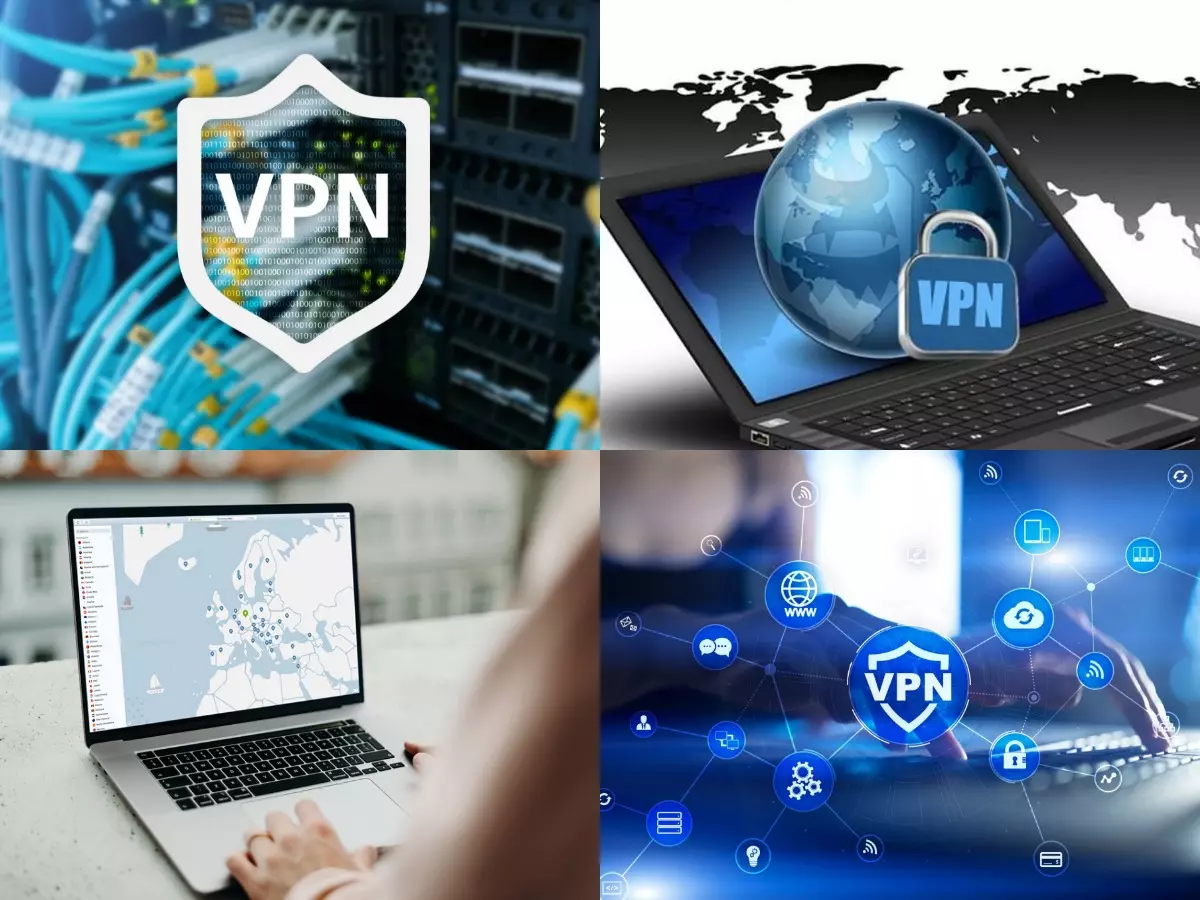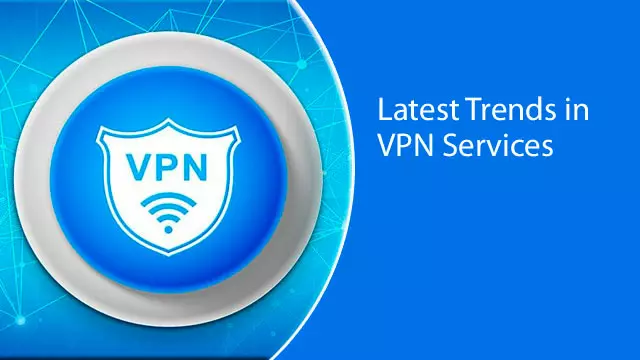The rise of the internet has changed the world for the better. It made communication easier and accessible. Data transfer and information sharing are instantaneous. Likewise, it helps store and maintain files for businesses and organizations.
While the benefits are numerous, cybersecurity is also a growing concern among internet users. According to a recent report by Accenture, an organization experiences 22 security breaches on average per year. This is why many people and organizations use Virtual Private Network (VPN) for all their internet activities. VPN technology can give you that extra protection from possible cyberattacks.
But as technology keeps evolving, new threats will emerge. User behaviors will also change. Hence, the VPN industry needs to continue growing and improving their services to adapt to the changing times.
With that, here are the latest trends that will determine the future of VPN services.
Growth in the VPN market
With its growing popularity, new VPN providers are emerging. There are now varying services available and accessible out there. Some are free of charge. Some can be expensive. All of which have varying features, server locations, security protocols, and accessibilities. A VPN can be defined as a way to offer secure communication between members of a group through the use of public telecommunication infrastructure, maintaining privacy through the use of a tunneling protocol and security procedures. VPNs mask users’ internet protocol (IP) address so their online actions are virtually untraceable.

VPN has now become an essential cybersecurity tool for most internet users. Businesses aren’t the only one who needs it. Individuals are also looking for their own personal VPN provider. It helps protect privacy for personal users. On the other hand, it helps organizations protect their data and assets from cyberattacks.
The demand for VPN means the market for VPN providers will be increasing in the coming years. Likewise, the never-ending threats of cyberattacks mean more and more people and businesses will turn to VPN providers for protection.
Tighter restrictions on VPN usage
Its widespread popularity has made everyone aware of VPN and its purpose. However, there are some cases where VPN isn’t welcomed. Thus, one of the biggest VPN challenges is the enforced restrictions on VPN usage under certain circumstances and locations.
The most common instances are in countries with strong censorships imposed on their citizens. For political reasons, some governments block VPN providers in their country. Countries like Russia and China, for example, have banned several service providers within their borders. This is because without VPN, they can continuously monitor their citizens’ internet activities.
Other instances of VPN restrictions are among streaming apps like Netflix. This helps them protect their content and profit by preventing their clients from changing server locations on their respective devices.

Cloud services integration
According to a Check Point study, 66% of IT specialists believe that traditional security tools are not enough to protect your data on the cloud. Hence, cloud service providers are integrating VPN services into their systems.
The integration of cloud services in VPN ties you directly to a third-party server and thus minimizes your risks of exposure to attacks. Likewise, this also helps businesses cut cost since they don’t have to worry about server maintenance and upgrades. This is ideal for small to medium-sized businesses since it allows the use of a single VPN service across all their devices. This is also great for those businesses looking for scalability.
This trend is also a product of the increasing popularity of remote work among businesses. It provides the flexibility that companies need to ensure data security no matter where their employees are. This also ensures that whatever top remote office software solutions you use in your business remains secure.
Emergence of SSL VPN
Secure Sockets Layer (SSL) VPN is another emerging trend in the industry. It is built into modern web browsers to provide you remote-access VPN capabilities. This means you can establish VPN connections by simply launching your preferred web browser.
Unlike IP Security protocols, you don’t have to set up or install a software to connect to a server. This can help you reduce cost in the long run since you won’t be needing IT services to help maintain the software.
Likewise, SSL VPN gives you the added flexibility and accessibility. Since it can be open through web browsers, there are no complicated configuration requirements needed for its usage. They can use any web browsers without worrying about specs restrictions.
Persistent cyberattacks
There are several ways hackers can get into your system. Wi-Fi, for one, is easily vulnerable to malicious infiltrations. Emails, too, can be a “phishing” ground for hackers. Of course, VPN will be your line of defense against such attacks.
People use VPN technology because of the added security encryption for their online activities. It prevents prying eyes from seeing their data even if they are connected to a public network.
However, these hacking patterns and techniques can evolve throughout time. In fact, VPN breaches can be possible. Hence, VPN providers must continue to find ways to improve and tighten their security towards these cyberattacks. As long as these people continue to exploit internet connectivity, VPN will remain essential for internet users.

Increase in global content consumption
The best thing about the internet is that it brings people from different parts of the world closer together. It makes content and data accessible globally. For example, a video in the United States can reach Africa in just a few clicks.
However, some applications, websites, and contents are restricted depending on the region where you access them. This is especially true for streaming apps that restrict their content based on regions and countries. This can be frustrating and annoying for some users since it puts them at a disadvantage.
With VPN, you are allowed to switch server locations so that you can access content based on that regions’ available content. This strategy is becoming increasingly popular nowadays especially for mobile users. Likewise, it is changing the way people consume content over the internet especially when it comes to streaming apps. However, this can also be a source of friction between VPN providers and industries that rely on region-based restrictions. In this case, the future remains open for compromise between the two parties.
Security for the long term
Almost everyone in the world uses the internet nowadays. In fact, a study by Statista says that almost 4.57 billion people are active internet users as of April 2020. This means anyone can be vulnerable to cyberattacks. It can even hit you, too. In an era where Wi-Fi and other wireless connections are commonplace, hackers will continue to find ways to exploit such access.
With the prevalence of internet usage, the future of VPN remains bright. The demand for VPN is expected to grow in the coming years as more people and organizations see its benefits. It prevents invasion on your privacy, identity theft, and other malicious intentions towards your data and assets. Businesses, especially, will need this added defense to protect themselves and their employees from unwanted leaks and breaches.
So, don’t leave yourself defenseless. Investing on the best VPN will give you that extra layer of protection for all your internet activities. In this way, you don’t have to worry about potential attacks on your data and privacy. No matter where you are and what device you’re using, you are confident that your connection is secured and safe.










